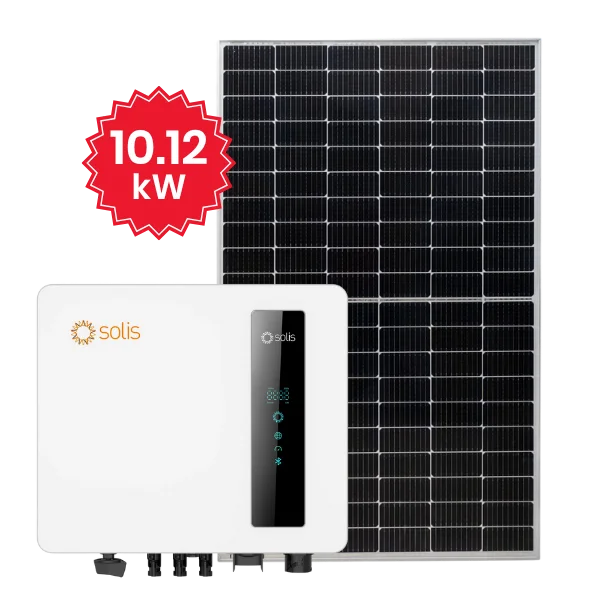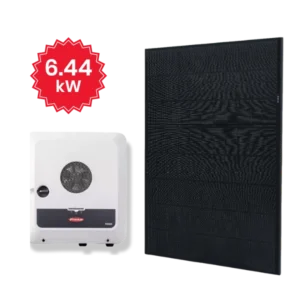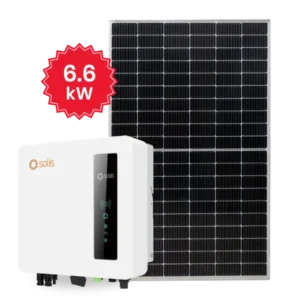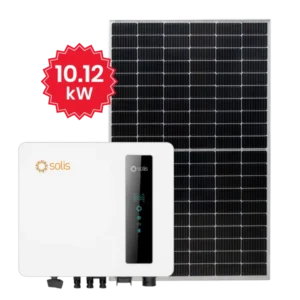10.12kW – Solis Inverter & Eging Solar Panels – SA
10.12kW – Solis Inverter & Eging Solar Panels – SA
$5,999.00 Original price was: $5,999.00.$4,699.00Current price is: $4,699.00.
*T&C Apply
Category Solar System
Be the first to review “10.12kW – Solis Inverter & Eging Solar Panels – SA” Cancel reply
Related products
- Solar SystemCompare
6.44kW – Fronius Inverter & REC Solar Panels – SA
- Solar SystemCompare
6.6kW – Solis Inverter & Eging Solar Panels – VIC
$4,999.00Original price was: $4,999.00.$4,249.00Current price is: $4,249.00. - Solar SystemCompare
10.12kW – Solis Inverter & Eging Solar Panels – NSW
$5,499.00Original price was: $5,499.00.$4,549.00Current price is: $4,549.00. - Solar SystemCompare
6.6kW – Solis Inverter & Eging Solar Panels – NSW
$3,499.00Original price was: $3,499.00.$2,949.00Current price is: $2,949.00.





Reviews
There are no reviews yet.